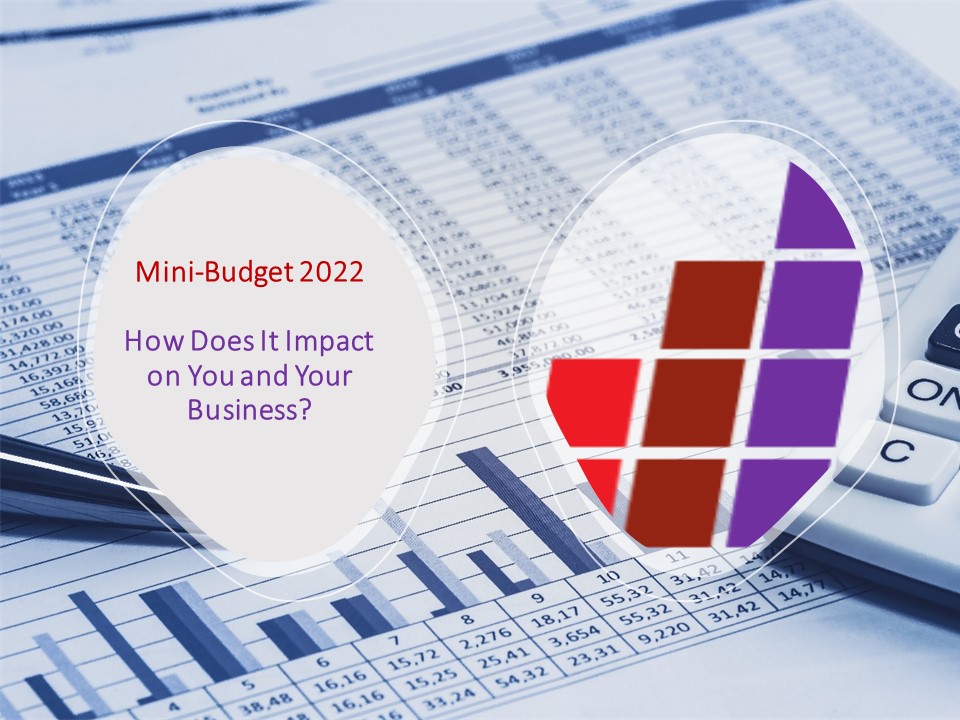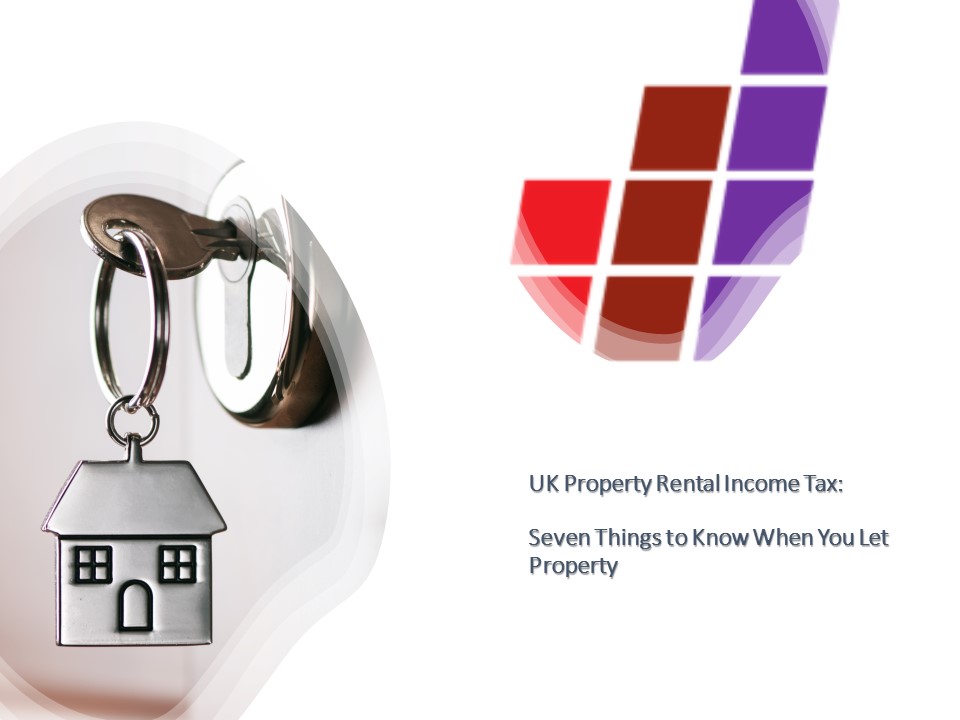Should you move your rental properties into a limited company?
Thinking of putting your residential property portfolio into a limited company? We’ve summarised the main options for the legal structure and the important tax liabilities to plan for.
It’s not unusual for business owners to have existing residential property investments, or to want to invest in this area. But if you’re thinking of dipping a toe into the property investment ocean, what’s the most effective and tax-efficient way to do this?
One possible approach is to put your residential properties into a limited company, creating a company structure that can be used to manage your property income.
We’ve highlighted the main steps to setting up a limited company and the key tax implications.
Thinking through the structural options
Putting your rental properties into a limited company is a move that requires plenty of thought – both around the structural options and the associated taxation issues.
Structurally, you have four main options to consider:
- Housing the rental properties in a stand-alone company
- A linked investment company alongside an existing trading company
- A holding company above your trading company
- A subsidiary company below your trading company.
Each of these four options has its own pros and cons.
For example:
- When you’re looking for finance, lenders may be averse to the use of a subsidiary company as it could be threatened by poor performance of the trading operations.
- A holding company or linked investment company structure allows you to pass dividends from the trading company to the property company, tax-free.
- A stand-alone company completely ring-fences all your different business interests. But this means that where income from the trading company is needed for property purchases, this will be via dividends taxed in the business owner’s hands. The net amount remaining is then lent on to the property company, which is a complex way to access the necessary capital.
Knowing the tax implications of your property investment
Knowing how each structural option will impact on your finances is extremely important at the planning stage. And whichever structure is selected, you also have to factor in the various taxes that will impact on your property and investment plans.
These are the main taxes to be aware of:
- Stamp Duty Land Tax – residential properties purchased by a limited company are subject to Stamp Duty Land Tax (SDLT) at a level of 3 percentage points above the normal rate. In addition, under most circumstances, SDLT will be chargeable on the value of any properties transferred into the property company (PropCo).
- Capital Gains Tax – as an individual, capital gains tax (CGT) can be as high as 28% on any capital gains, whereas a PropCo would pay at the normal corporation tax rate (currently 19%, 25% and or marginal depending of profit size). As an individual, there is an annual tax-free band of £6,000 (currently). Again though, take into account that CGT may arise on the gains when you transfer existing properties you own into a PropCo.
- Annual Tax on Enveloped Properties – Annual Tax on Enveloped Properties (ATED) is charged on residential properties valued above £500,000 that are held in a limited company. An exemption can be applied for, provided that the property is commercially let and has not been occupied by any connected person such as a director of the PropCo.
- Corporation Tax – for an individual, tax is payable at up to 45%. In a PropCo, the Corporation Tax (CT) rate is currently 19%, 25% and or marginal depending of profit size, saving you a considerable amount in tax over paying as an individual. In addition, interest costs are fully deductible by a PropCo, whereas relief is limited to the basic tax rate for an individual. Remember, though, that if the PropCo pays dividends to an individual, those dividends will be taxable.
- Business Property Relief – Business Property Relief (BPR) reduces the value of a business or its assets when working out how much inheritance tax has to be paid. But a PropCo (other than for furnished holiday lettings) will not be considered to be a ‘trading’ company, so BPR will not apply.
Talk to us about your property tax planning
Using a PropCo to manage your residential property portfolio has pros and cons. If you transfer your residential property into a PropCo, and/or use a PropCo to acquire additional properties, plenty of thought needs to be put into the structural and tax planning side of this move.
Each case should be examined differently, taking into account things such as:
- Your personal tax and income requirements
- The financing requirements for purchasing the properties,
- the ownership and unrealised gains of any existing properties
- Any other specific factors that could impact on your compliance and tax liabilities.
Putting your property portfolio into a PropCo is a specialist area and something where you should get bespoke advice from a property expert.
Get in touch to talk about tax planning for your property investments and let’s find out how we can support you from here at The Stan Lee.
Should you move your rental properties into a limited company? Read More »












